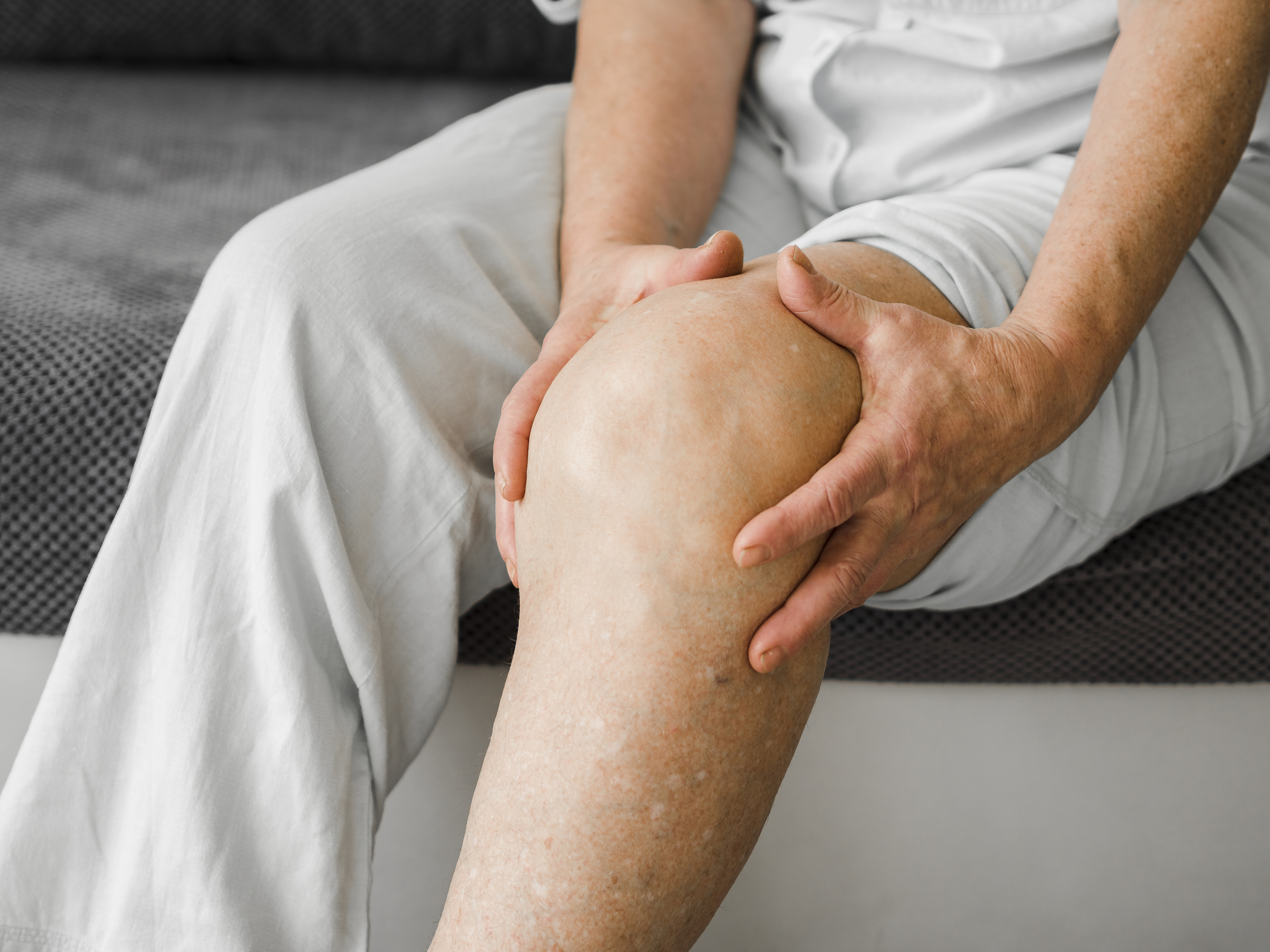Our MSK Physiotherapists work with many clients who have arthritis, both Osteoarthritis and Rheumatoid arthritis. They will carry out a comprehensive assessment and customise a treatment plan which can help manage pain, improve joint function and enhance overall mobility. Therapeutic approaches may include:
Part of the treatment plan recommended by the physiotherapist may include collaboration with our PFit team.
Regular exercise that keeps you active, builds up muscle and strengthens the joints may help alleviate some symptoms
The buoyancy of the water unloads the weight of the body, reducing stress on joints and allowing freedom of movement.
For osteoarthritis, our physiotherapists may focus on strengthening the muscles around the affected joints to provide better support and reduce strain. They can also use range of motion exercises to maintain flexibility and prevent stiffness. Low-impact activities like hydrotherapy and cycling can help improve mobility without putting excessive stress on the joints.
For rheumatoid arthritis, physiotherapy can help manage inflammation, prevent joint deformities, and maintain function. Gentle exercises tailored to the individual’s needs help improve strength, endurance, and coordination. Techniques such as manual therapy, hydrotherapy, and posture training can help alleviate pain and stiffness.
Both conditions benefit from pain management strategies, including electrical stimulation, heat therapy, and soft tissue massage, which can reduce discomfort and improve movement. Our specialist physiotherapists can also provide education on joint protection techniques and lifestyle modifications to help clients stay active while reducing strain on affected joints.
By incorporating individualised exercise programs, mobility training, and pain relief techniques, physiotherapy helps people with arthritis maintain independence, their quality of life, and continue to participate in daily activities with greater ease and confidence.
Physiotherapy can be very effective in managing arthritis by helping to reduce pain, improve mobility, and increase strength. Here are several ways physiotherapy can help:
Start your journey with PhysioFunction! Contact us to book an initial consultation or please call 0800 043 0327.
Arthritis is a common condition which causes pain, stiffness and inflammation within the joints. It can affect people of all ages, including children, but is more common in older adults. Arthritis is not a single condition, but a broad term covering over 100 different types, with osteoarthritis and rheumatoid arthritis being the most common.
Osteoarthritis
Although osteoarthritis can occur at any age it most often develops in people, more commonly women, in their mid- 40's or older. In osteoarthritis the protective cartilage on the ends of the bones breaks down over time, causing pain, swelling, joint pain and reduced mobility. It commonly affects weight-bearing joints such as the knees, hips, and spine. Bony growths can develop, and the area can become red and swollen.
Rheumatoid Arthritis
Rheumatoid arthritis often develops when an individual is between 40 and 50 years old. Women are 3 times more likely to be affected than men. In rheumatoid arthritis the body’s immune system mistakenly attacks the joints causing inflammation, swelling and pain. This can in some cases, then spread causing the joints shape to change which in turn can cause the bone and cartilage to break down.
